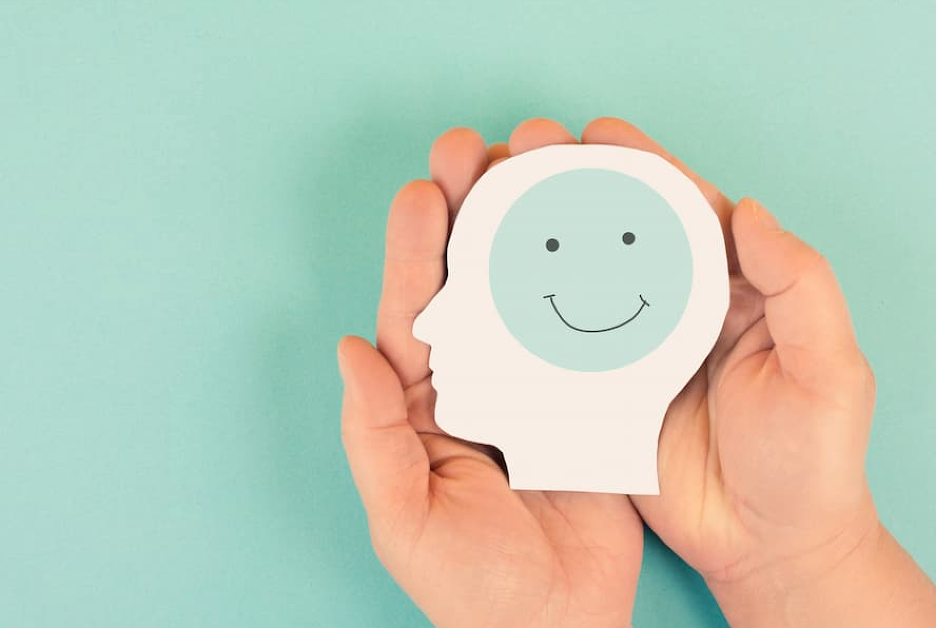
Plastics in the Brain? New Study Links Microplastics to Dementia
Research shows that plastic concentrations in human organs have increased over time, with even higher levels found in the brains of people with dementia.
By
Lana Pine| Published on February 5, 2025
4 min read
A study published in Nature Medicine found that plastic levels in the body have increased over time, and individuals with dementia had even higher amounts of microplastics and nanoplastics (MNPs) in their brains, particularly in blood vessel walls and immune cells. Findings underline the urgent need to understand how plastics enter the body, how they are removed and what health risks they might pose.
MNPs are tiny plastic particles that are increasingly found in the environment, raising concerns about their impact on human health. Scientists have confirmed the presence of these plastics in human organs, including the brain, liver and kidneys, with polyethylene being the most common type. The brain harbors higher proportions of this plastic compared with other organs.
“The extent to which MNPs cause human harm or toxicity is unclear, although recent studies associated MNP presence in carotid atheromas with increased inflammation and risk of future adverse cardiovascular events,” wrote a team of investigators led by Alexander J. Nihart, a PharmD candidate associated with the Department of Pharmaceutical Sciences, College of Pharmacy at the University of New Mexico Health Sciences Center.
Previous research has used microscopes to find plastic particles in human organs, although these methods only detect larger particles and can miss nanoplastics. With this in mind, investigators used a technique called pyrolysis gas chromatography–mass spectrometry (Py-GC/MS), which has been successfully used to detect plastics in blood, placentas and blood vessels. This method is more accurate, provides consistent results and helps measure plastic buildup in human tissues.
Investigators collected tissue at autopsy from 2016 to 2024, including 12 samples from brains with confirmed dementia from 2019 to 2024. Demographics, such as age, sex, ethnicity, cause of death and date of death were consistent across cohorts. An additional 28 samples provided a wider range for the year of death (dating back to 1997).
Although plastic concentrations were not affected by age, sex, ethnicity or cause of death, the time of death (2016 compared with 2024) was shown to be a significant factor, with increasing amounts of MNPs seen in liver and brain samples. The older samples further confirmed the increases in plastics observed over time. However, investigators noted geographical differences cannot be ruled out as these samples were collected from facilities on the East Coast of the U.S.
MNP concentrations were 7 to 30 times greater in the brains compared with the livers and kidneys. Among brains with a dementia diagnosis, an even greater accumulation of plastics was observed
Investigators mentioned the accuracy of measuring plastic particles in human organs can be affected by several factors, leading to possible over- or underestimation. They used a chemical process to remove biological material from tissue samples, significantly reducing their mass. However, some unknown organic material remained, which might interfere with the findings. Lipids in tissues could also affect results, and plastic degradation over time may lead to lower detected concentrations. Additionally, because the smallest plastic particles are difficult to fully capture, they may be underestimated.
Investigators noted these findings do not confirm a causal role for MNPs affecting health and further studies are necessary.
“Given the exponentially rising environmental presence of MNPs, these data compel a much larger effort to understand whether MNPs have a role in neurological disorders or other human health effects,” investigators concluded.

